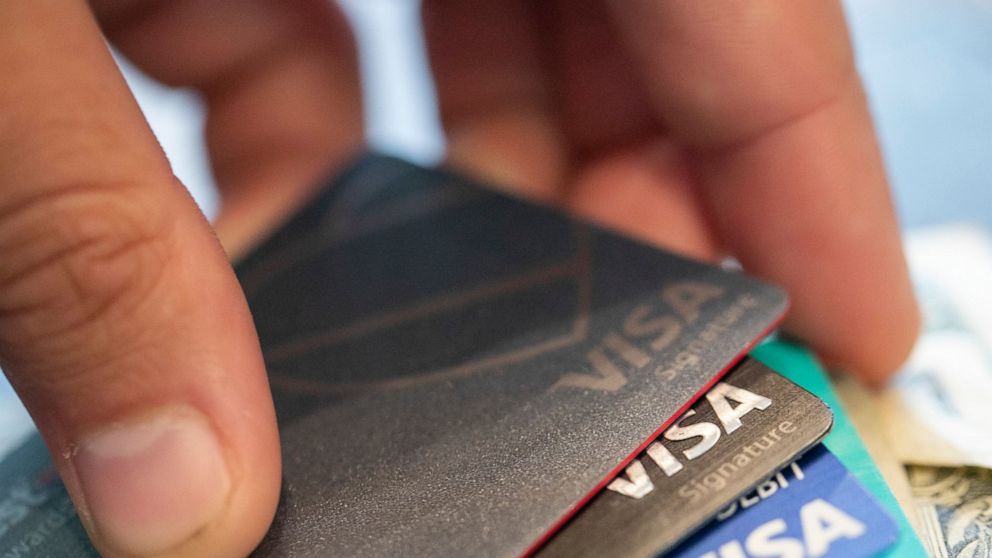US consumer borrowing up $16.2 billion in September
U.S. consumers increased their borrowing in September, helped by the first gain in the category that covers credit cards in seven months
WASHINGTON — U.S. consumers increased their borrowing in September, helped by the first gain in the category that covers credit cards in seven months.
The Federal Reserve reported that total borrowing rose by $16.2 billion in September, rebounding after a drop of $6.9 billion in August.
The increase included a $3.98 billion increase in credit card borrowing, the first rise since February. Credit card use had fallen for six straight months as households cut back on use of credit cards once the pandemic hit and millions of people lost their jobs.
The category that covers auto loans and student loans increased by $12.2 billion in September. This category has been rising steadily since a $6.9 billion drop in April.
Economists closely watch consumer borrowing patterns for signals of how willing households are to take on more debt to finance consumer spending, which accounts for two-thirds of economic activity.
The $16.2 billion rise in borrowing in September was about double what economists had been forecasting, an encouraging sign as worries mount that consumers may begin to cut back as coronavirus cases surge again.
In a separate report Friday, the government said that the economy created 638,000 jobs in October and the unemployment rate fell to 6.9%. The report was seen as an encouraging sign that a tentative recovery in the labor market is ongoing even in the face of a rise of virus cases.
The increase in overall debt pushed total consumer borrowing to $4.16 trillion in September, up a modest 0.6% from a year ago.
The Fed’s monthly report on consumer credit does not cover mortgages or other debt secured by real estate such as home equity loans.
![]()


